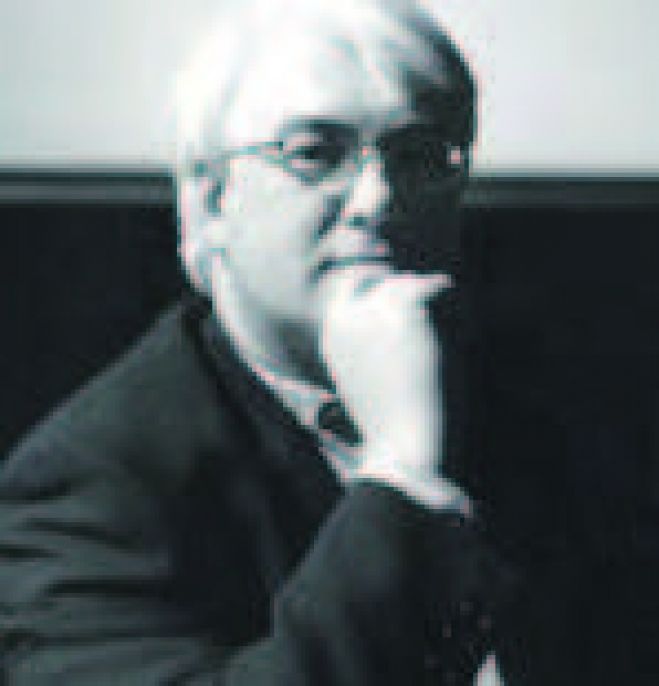In this article, we will look at one of the reasons the so-called offshore sector is so badly maligned in reports that appear to lay the blame for many of the world's financial crime ills at their door. The reason is simple: many offshore centers provide a shopping list ofexactly the kind of services that money launderers choose to better ply their trade. Those services are not designed or delivered with the intention of facilitating money laundering: but when abused by criminals, they provide a powerful range of tools that make the money launderer's job easier and, consequently, the nvestigator's job harder.The most criticized, perhaps unsurprisingly, is "bank secrecy. " But it is important to note that confidentiality is not restricted to "bank secrecy."
Several jurisdictions make it a crimina loffense for any provider of offshore services to release any information about their clients other than to a designated authority or under a court order. That, some might say, is a dangerous position. But in fact all it does is institutionalize the common law position applicable to lawyers and to recognize that providers of offshore services are, generally, providing legal services. At the heart of this is a complex debate over the definition of lawyer - client "privilege. " What was formerly a simple position - lawyers were obliged to keep their clients' affairs confidential and that, even a court order would be granted only in exceptional circumstances - became muddied when an English court recognized "legal advice privilege" which basically said that a court order should be granted only in exceptional circumstances in all cases where a client had sought legal advice. As if that was not complex enough, the EU decided that other recognized professions that provide legal advice should be able to afford their clients legal advice privilege. That opened the door for accountants and other quasi-lega lprofessions to claim that they should be afforded the same exemption as lawyers under counter-money laundering laws.
The European Court, thankfully, squashed that idea by deciding that only legal professional privilege was sufficient to permit professionals - including lawyers - to avoid some (but not all) of the suspicious transaction reporting requirements under EU law. Therefore, even those jurisdictions which are demonized as secrecy havens are not in principle doing anything significantly different from onshore jurisdictions. Indeed, Spain has some of the strongest bank secrecy laws anywhere in the world. It's not a secret if you don't know it. Some offshore jurisdictions, for example, Mauritius, provide corporate structures in which there is no central register of the shareholders in a company. Such companies are a black hole when investigators, or those conducting due diligence on behalf of a service provider, try to identify the beneficial owners of a company. But there are less extreme examples: Delaware, for example, requires very limited company reporting and is, therefore, a favored jurisdiction amongst those registering companies in the USA. It cannot properly be called "secrecy" because the information does not exist, at least not in an accessible form. Even in so-called secrecy jurisdictions, there are mechanisms for getting that information. However, in order to do so, investigators must demonstrate to the court (or in some cases a regulatory authority) that there is evidence that a crime has been committed, that there is a direct and proximate link to a service provider in the target jurisdiction and that there is commonality of offense (see previous article). In this way, US authorities have been able to obtain information from Switzerland despite strong bank secrecy laws.
India is presently trying to use what it terms "letters interrogatory" addressed to the governments of several jurisdictions, including Hong Kong and Singapore, in connection with a case alleging laundering of some US$8 billion. However, it is unlikely to be successfu because it appears to be conducting the inquiry outside the bounds of a Mutual Legal Assistance Treaty (the usual mechanism for inter-governmental inquiry) and it also appears to have insufficient information as to the location of the money with the result that its requests have the appearance of a fishing expedition. Outside the corporate and banking sector, governments are increasingly targeting "foundations" or "trusts." Generally, professional trustees are bound by confidentiality provisions but also subject to counter-money laundering laws. But there is a dodgy end to the market and it is this that the USA, inparticular, has been targeting. The reason is simple: under a trust, a settlor gives his assets to a trustee to manage. In order to operate effectively, the settlor must divest himself of control. In one case, the USA's IRS found that the settlors - who were also the beneficiaries under the trust they created - in fact exercised control over the trust. As a result, the IRS declared the trust invalid for tax purposes and raised a tax bill of several million dollars. This end of the trust industry is also at the heart of Australia's Operation Wickenby in which a number of celebrities have been prosecuted (some without success). Trusts are problematic because they are often not visible unless the trustee admits to them. The answer to the question "do you hold these funds for your own benefit or that of someone else" is dependent on the honesty of the person applying to open an account. An honest trustee will answer honestly. A professional money launderer will lie.
















